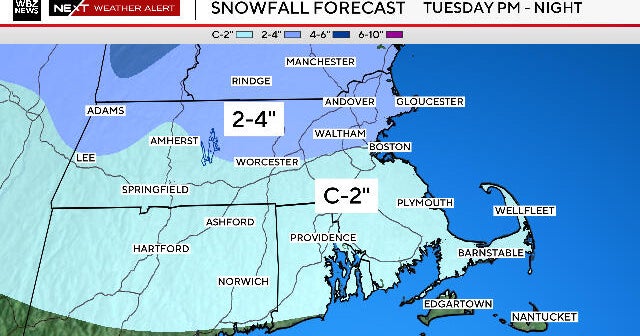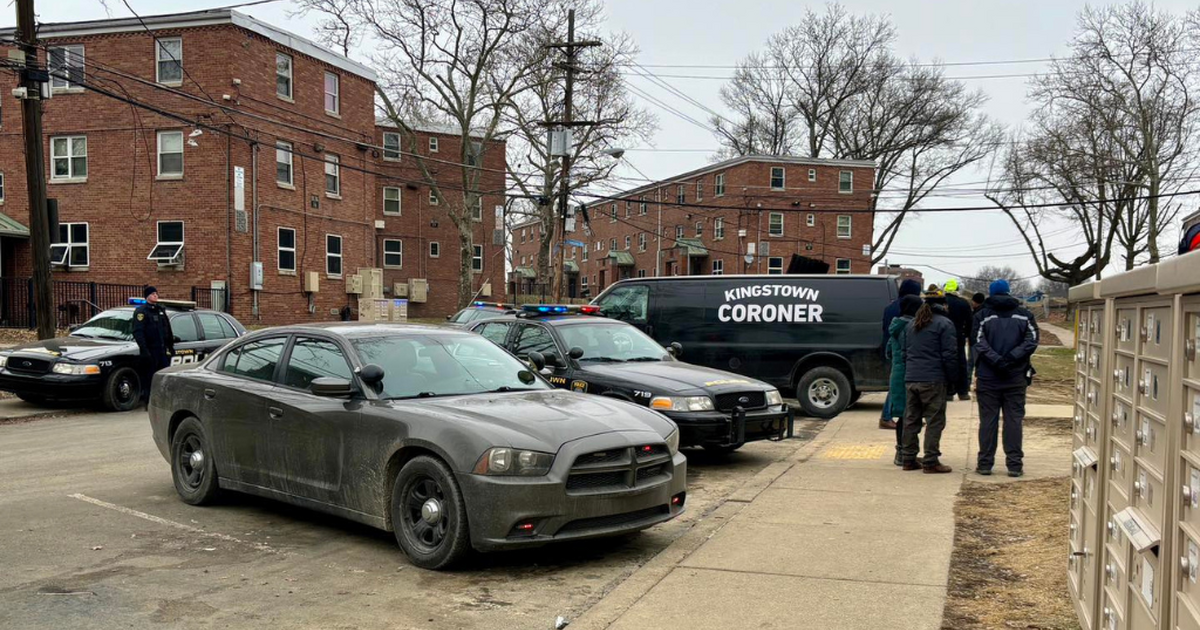Daylight saving time: Massachusetts continues to debate clock change
BOSTON - Daylight saving time is coming to an end, and that means sunsets are about to get a lot earlier as New England heads into winter. In Massachusetts, some are continuing a years-long push to do away with the changing of the clocks altogether.
Here's what to know about the upcoming time change, and where local efforts to do something different stand.
When does daylight saving time end?
We "fall back" by turning the clocks back one hour on Sunday, November 5 at 2 a.m. It'll stay that way until we "spring forward" and set the clocks an hour ahead on the second Sunday of March 2024.
How much afternoon daylight do we lose in Massachusetts?
The sun sets in Boston at 5:34 p.m. on November 4. After the clocks change on November 5, sunset is at 4:33 p.m. The earliest sunset of the year is December 8, at 4:11 p.m.
The mornings will be brighter, with sunrise coming at 6:22 a.m. on November 5.
Could Massachusetts end Daylight saving time, or make it permanent?
The Massachusetts Joint Committee on State Administration and Regulatory Oversight heard testimony this October on two bills - one that aims to make daylight saving time permanent by changing the state's time zone from Eastern to Atlantic, and the other which would end daylight saving time and restore standard time year-round.
Quincy resident Tom Emswiler has been a long-time advocate for making daylight saving time permanent with a time zone change. He was on a state commission in 2017 to study the issue, and commissioners endorsed the idea.
"Our commission found that Atlantic standard time could encourage residents to dine out and shop more. Extra daylight could also save energy and reduce greenhouse gas emissions without the need for artificial light," he testified.
Dr. Karin Johnson, a sleep medicine specialist, argued in favor of ending daylight saving time and restoring standard time year-round. She said it's the "only viable way to end time change."
"Permanent Daylight Saving Time is federally prohibited, and we've tried it twice before and it's failed twice before," she said. "Daylight Saving Time does not add any extra hours of sunlight to the day and it's especially bad in the winter when it robs morning sun."
Other northeast states would also have be on board with either proposal before they could take effect.
Is Congress pushing to make changes to daylight saving time?
In 2022, the U.S. Senate passed a bill to make daylight saving time permanent. Sen. Ed Markey, of Massachusetts, is a key supporter of the move.
"I've been fighting for this for decades. More sunshine, better health, and the end of a tired tradition," Markey said in a statement.
However, the House of Representatives did not take action on the bill, so nothing has changed.
What are the health effects of changing the clocks?
Sleep experts make the case that ending daylight saving time would be better for everyone's health.
The Sleep Research Society says standard time is more in line with the body's natural circadian rhythm. The sleep loss that happens when we lose an hour of sleep in the spring has been linked to obesity, stress, heart disease and depression.
A study last year in the journal Current Biology found that year-round daylight saving time would reduce car accidents involving deer. Researchers said that making daylight saving time permanent could prevent more than 36,000 deer deaths, 33 human deaths and over 2,000 human injuries.







